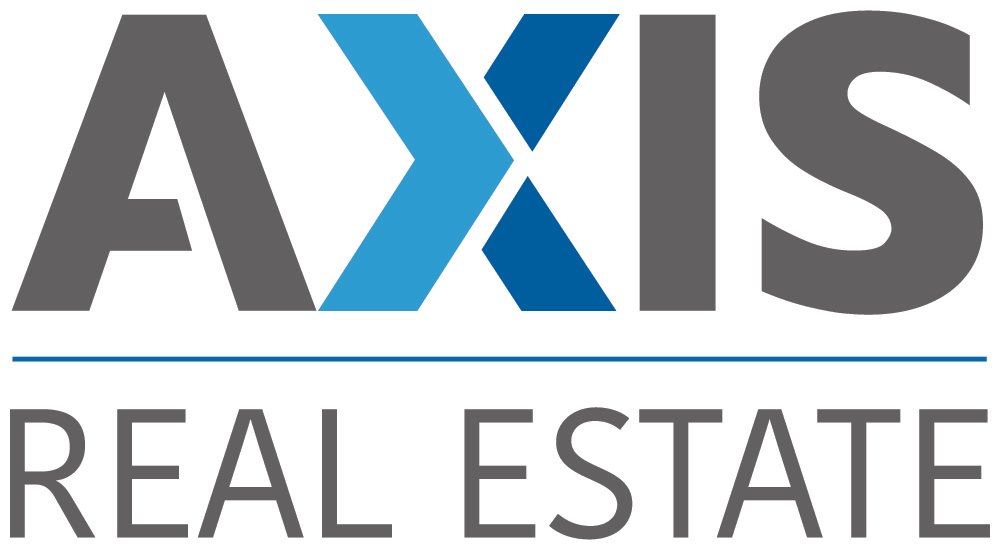What are Homebuyers Responsible for Paying with a VA Loan?
In the United States, we value our military veterans and are thankful for their service to our country. One of the many benefits the U.S. Department of Veteran Affairs (VA) provides is to assist veterans and their families in the home buying process.
A loan given to a veteran is called a VA loan. It was introduced as part of the GI Bill in 1944. As of 2019, 8% of all home mortgages are VA loans. These types of loans often have better terms than traditional loans from a private bank, mortgage company, or credit union because they are backed by the U.S. Department of Veteran Affairs. This means the government agrees to pay for a portion of the loan should the veteran default on the payments. Therefore, banks assume less risk compared to a conventional loaning making a VA loan relatively easy to acquire.
To qualify for a VA loan, military personnel must meet the VA’s specific service requirements. Approved veterans receive a Certificate of Eligibility (COE) as proof of qualification to VA lenders when applying for a loan. VA lenders are NOT allowed to charge certain fees to veterans such as attorney’s fees, real estate agent commissions, and lender appraisals. They also may not seek payment for fees related to the loan application, document preparation, home inspection, escrow, property tax service, and settlement. Furthermore, veterans are not responsible for mortgage lock rate fees, prepayment penalties, or any notary fees.
So, what are homebuyers responsible for paying with a VA loan? The VA lender typically will apply a 1% loan origination fee. This covers the cost of processing, underwriting, and originating the loan. In addition, VA homebuyers are expected to pay third-party charges for VA fees – listed below. Often, it’s wise to do some comparative shopping to determine the best service providers. Know that VA lenders are not allowed to add any additional fees to the third-party charges. Veterans must also pay a one-time VA funding fee that helps defray the cost of the VA’s guarantee on the loan.
VA FEES:
VA Appraisal Fee – Determines the price of the home; varies by state; can cost up to $600+.
Credit Report Fee – Determines credit score; typically does not exceed $50.
Flood Zone Determination Fee – Determines whether the property is in a flood zone.
Homeowners Insurance – Policy to insure the home from damage.
Mailing Fee – Covers express mailing services if needed.
MERS Tracking Fee – Access to the Mortgage Electronic Registration System (MERS); determines the servicing rights and ownership of the loan; one-time fee.
Prepaid Fees – Includes property taxes and other fees from the year.
Recording Fees – Paid to the local government to record the loan.
Title Fees – Determines whether there are any outstanding liens or judgements on the property.
To reduce the cost of buying a home further, there are additional steps veterans can take. They may negotiate with the seller to pay some or all the closing costs. Since the VA only holds the veteran accountable to pay 4% of the loan’s amount in closing costs, the seller may be aggregable to pay the VA funding fee, prepaid property taxes and insurance, and/or other fees to make the deal go smoothly. Although a down payment is not required with VA loans, a veteran could put down 20% to significantly lower their VA funding fee. Some states also offer home buying assistance programs specifically designed for veterans.
